Specific nutrition for cats: Personalized and specific diets for health needs
Are you an animal lover too? We are delighted to inaugurate this new section of our blog dedicated to pet nutrition. In this specific article we will talk about cats and their diet in particular cases.
If you are looking for useful and practical information to best feed your cat, you are in the right place. In this article, we will see an overview of personalized diets and health needs that can affect your cat’s nutrition. Whether you are dealing with allergies, kidney problems, diabetes or other digestive disorders, here you will find valuable advice to improve the life of your four-legged friend. Get ready to discover everything you need to know to make your cat healthy and happy through a diet designed specifically for him!
Have you ever been surprised to see your cat ignoring his favorite food? It could be a sign of a health problem that requires special attention to his diet. In this article, we’ll explore how specific nutrition can make a difference in your feline friend’s life by addressing individualized dietary needs for cats with special health needs.
Let’s see together some of the most common situations:
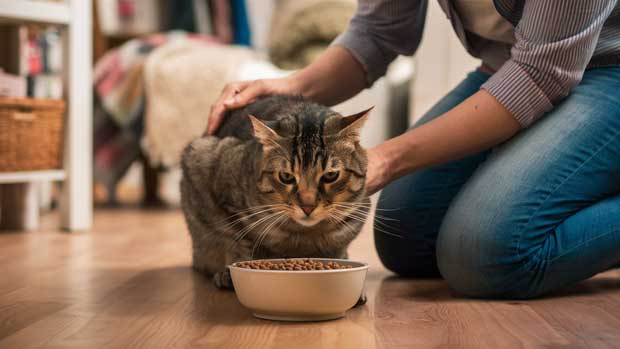
Food for sterilized cats
After neutering, cats tend to become less active and may have a slower metabolism, which increases the risk of weight gain. To prevent obesity and keep your cat in good health, it is important to adapt its diet to new needs. Sterilized cat foods are formulated to be low in calories, yet packed with essential nutrients to support their overall health.
A balanced diet for a sterilized cat, such as Purina One Sterilcat should include high-quality protein to maintain adequate muscle mass, reduced fat to prevent weight gain, and adequate fiber to aid digestion and satiety. Additionally, it is essential to provide an adequate amount of water, as neutered cats may be more predisposed to urinary problems. Offering wet food or adding water to dry food can help maintain good hydration.
Finally, regularly monitoring your cat’s weight and health with the help of a veterinarian is crucial to making any dietary changes and ensuring your feline friend remains healthy and active. Choosing foods specifically for sterilized cats, combined with a regular play routine, can help keep your cat fit and happy.
Food for cats with allergies
Food allergies in cats are more common than you think. Symptoms such as itching, digestive problems and hair loss may indicate a food allergy. For these cats, a hypoallergenic diet, free from common ingredients like chicken or wheat, may be the key to improving their health and well-being.
Opting for single-protein foods, which contain only one source of protein, can help identify and eliminate allergens. This type of diet makes it easier to monitor your cat’s reactions to foods and can significantly reduce allergy symptoms. Furthermore, consulting a veterinarian is essential to determine the exact cause of allergies and to formulate a suitable diet. Your veterinarian may also recommend specific tests to identify allergens and provide recommendations on dietary supplements that may relieve symptoms.
Diet for cats with kidney problems
Kidney problems are one of the most common conditions in older cats. A specific diet can help manage this condition by reducing the workload on the kidneys. Foods low in phosphorus and with high-quality proteins are particularly suitable for these cats. These foods help prevent the buildup of toxins in the blood and support kidney function.
Choosing wet foods can also be beneficial, as it helps maintain hydration, which is critical for kidney health. Wet cat foods have a high water content, which is essential for keeping the kidneys functioning properly. Including specific supplements, such as omega-3 fatty acids, can further support kidney function and reduce inflammation. Adding antioxidants and other specific nutrients can also improve your cat’s quality of life and slow the progression of kidney disease.
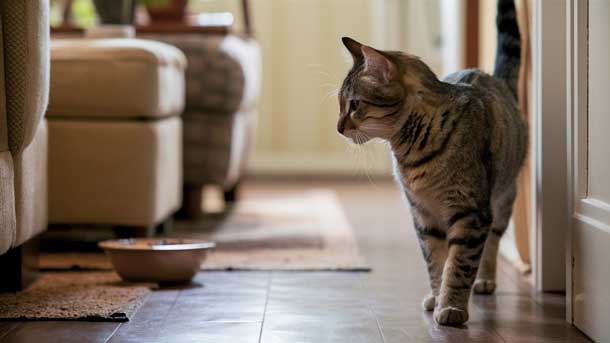
Food for diabetic cats
Diabetes is another disease that requires special dietary attention. For diabetic cats, it is crucial to keep blood sugar levels stable. A low-carbohydrate, high-protein diet is essential for managing this condition. This type of diet helps avoid blood glucose spikes and keeps your cat’s energy constant throughout the day.
Avoiding foods with high sugar content and choosing foods with natural ingredients and no additives can make a big difference. Wet foods are often preferable because they contain fewer carbohydrates than dry foods. Again, working closely with your veterinarian is essential to monitor and adjust your cat’s diet as needed. Your vet may also suggest specific supplements that can help regulate blood sugar levels and improve your cat’s overall health.
Diet for cats with digestive problems
Digestive problems in cats can include vomiting, diarrhea and constipation. To manage these conditions, a highly digestible, adequate fiber diet can help improve digestion and reduce symptoms. Foods formulated for digestive sensitivity often contain high-quality, easily digestible ingredients, which reduce stomach and intestinal irritation.
Specific foods formulated for digestive sensitivities often contain easily digestible ingredients and prebiotics that support gut health. The inclusion of probiotics can also be beneficial for maintaining a healthy balance of intestinal flora. Probiotics can help restore your cat’s gut microbiome, improving nutrient absorption and reducing inflammation. Additionally, some diets include ingredients such as pumpkin or sweet potato, which can help regulate intestinal transit and improve stool consistency.
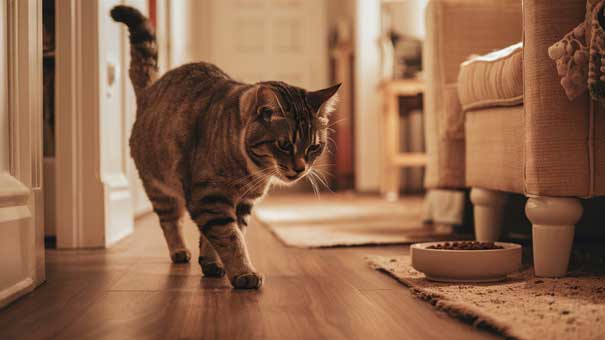
Importance of veterinary consultancy
Regardless of your cat’s health problem, it is essential to have the support of a veterinarian to create a personalized diet. A professional can perform the necessary tests to correctly diagnose the problem and recommend the best foods and supplements.
Furthermore, continuous monitoring of the cat’s health allows you to adapt the diet based on needs that may change over time. Open and regular communication with your vet is key to keeping your cat healthy and happy.
Final considerations
Taking care of your cat’s diet is not just a matter of choosing the right food, but also understanding its specific health needs. A personalized diet can make a difference in managing allergies, kidney problems, diabetes and digestive disorders.
With the help of a veterinarian and careful food selection, you can improve your cat’s quality of life and ensure that he receives all the nutrients he needs. Remember, specific nutrition is an act of love and care towards your feline friend.
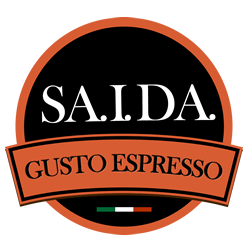
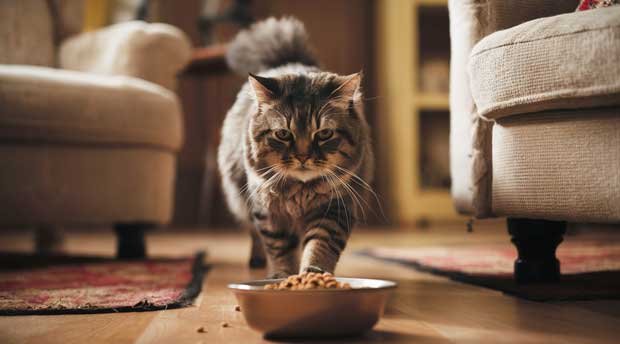
Visita il nostro e-shop e scopri tanti prodotti a prezzi vantaggiosi!